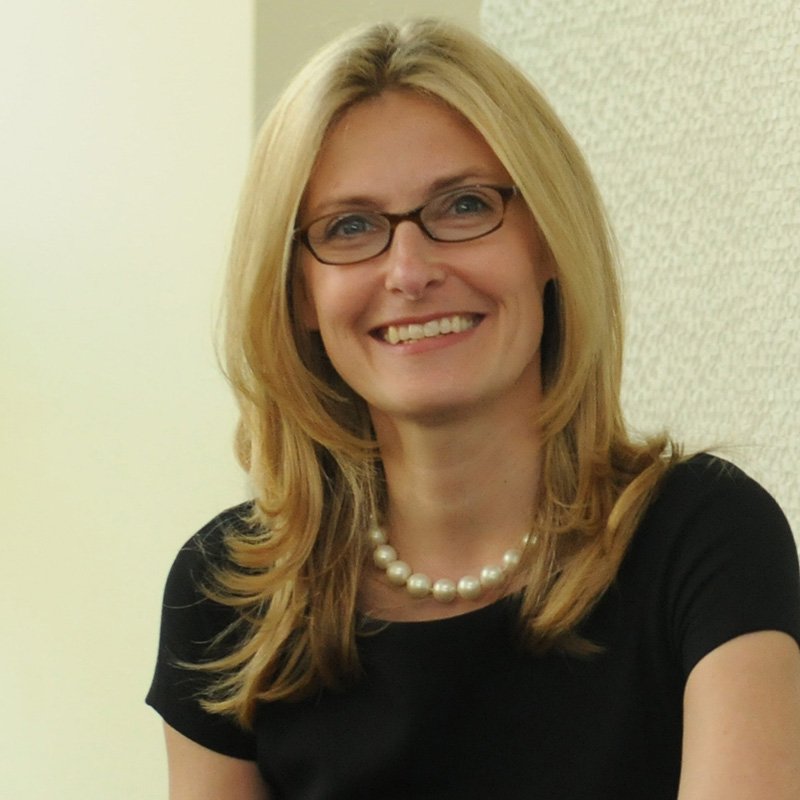 We are concluding the fall tax policy colloquium at McGill next week with an interdisciplinary workshop to discuss ideas around the idea of sustainability in taxation. Here is the info:
We are concluding the fall tax policy colloquium at McGill next week with an interdisciplinary workshop to discuss ideas around the idea of sustainability in taxation. Here is the info:Designing Sustainable Tax Systems
This workshop will bring together scholars and students in law, environmental management and engineering, political science, and economics to discuss what sustainability means and implies for taxation. Participants will discuss the broad idea of sustainability and its connection to consumer and investor behaviour; sustainability at the level of the firm, the society, the state, and the international community; the idea of triple bottom line accounting and the role of tax sustainability in CSR practices and ESG-certified investing; emerging ideas about sustainability in terms of taxpayer buy-in and administrability; and legal and institutional proposals to increase sustainability in taxation.
Agenda
11:00 Welcome
11:30 Richard Janda, Tracing and diminishing our environmental footprint
12:15 Rita De la Feria, The Impact of Public Perceptions on VAT Rates Policy
13:00 Lunch
14:30 Benoit Timmermans & Wouter Achten, Using life cycle analysis to internalize environmental and social costs of production via VAT
15:15 Julien Tremblay-Gravel, Redistributing Taxing Rights Across Borders Under a DaVAT
16:00 Break
16:15 Allison Christians & Tarcisio Magalhaes, Blueprint for a Sustainable International Tax System
17:00 Closing remarks and reception
If you are in Montreal and would like to attend please contact me; space is limited but we will attempt to accommodate all those who are interested in attending.




